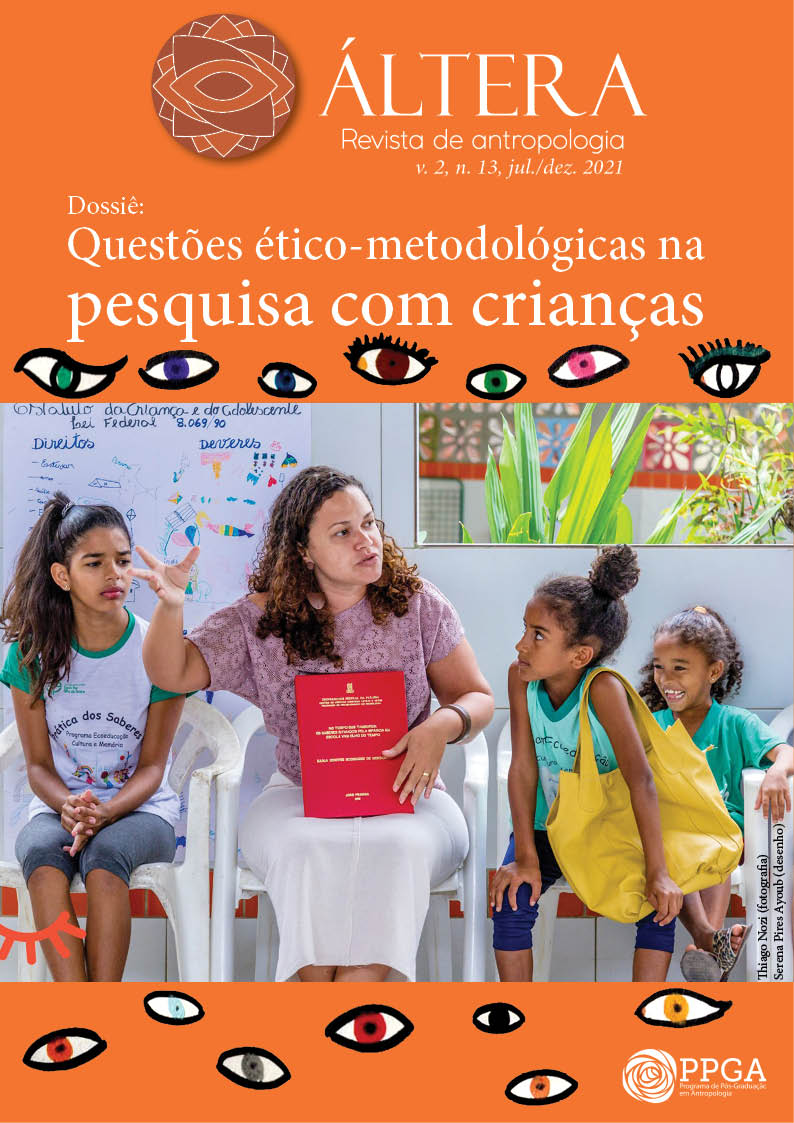"Não é um sangue igual aos outros"
estratégias metodológicas para compreender a doença falciforme pela perspectiva de crianças e adolescentes
Abstract
This study addresses the children and adolescents conceptions about sickle cell disease. The “sickle cell anemia” as well-known, is a genetic disease that carries the race marker, since the black population is the most affected. This is a study carried out with affected children and adolescents in the state of Paraíba, whose parents/guardians are members of the Paraiba Association of Hereditary Anemia Patients (ASPPAH). The Association was the mediating institution in accessing the research participants, carried out in four cities: João Pessoa, Campina Grande, Areia and Santa Rita. Methodologically, semi-structured interviews were conducted with the adolescents, while guided drawing production interview with children. Through this approach, it was possible to understand that children and adolescents relate the disease to the restrictions that it causes and that there is knowledge about how the disease is present in the body, through the blood.
Downloads
Downloads
Published
Issue
Section
License
- Autores mantém os direitos autorais e concedem à revista o direito de primeira publicação, com o trabalho simultaneamente licenciado sob a Licença Creative Commons Attribution que permite o compartilhamento do trabalho com reconhecimento da autoria e publicação inicial nesta revista.
- Autores têm autorização para assumir contratos adicionais separadamente, para distribuição não-exclusiva da versão do trabalho publicada nesta revista (ex.: publicar em repositório institucional ou como capítulo de livro), com reconhecimento de autoria e publicação inicial nesta revista.
- Autores têm permissão e são estimulados a publicar e distribuir seu trabalho online (ex.: em repositórios institucionais ou na sua página pessoal) a qualquer ponto antes ou durante o processo editorial, já que isso pode gerar alterações produtivas, bem como aumentar o impacto e a citação do trabalho publicado (Veja O Efeito do Acesso Livre).



